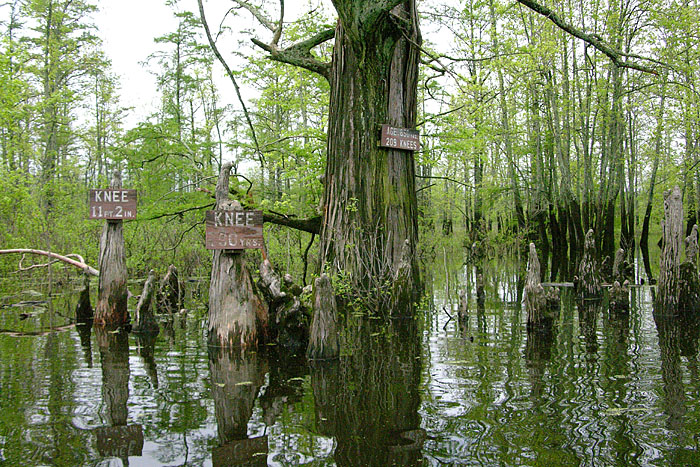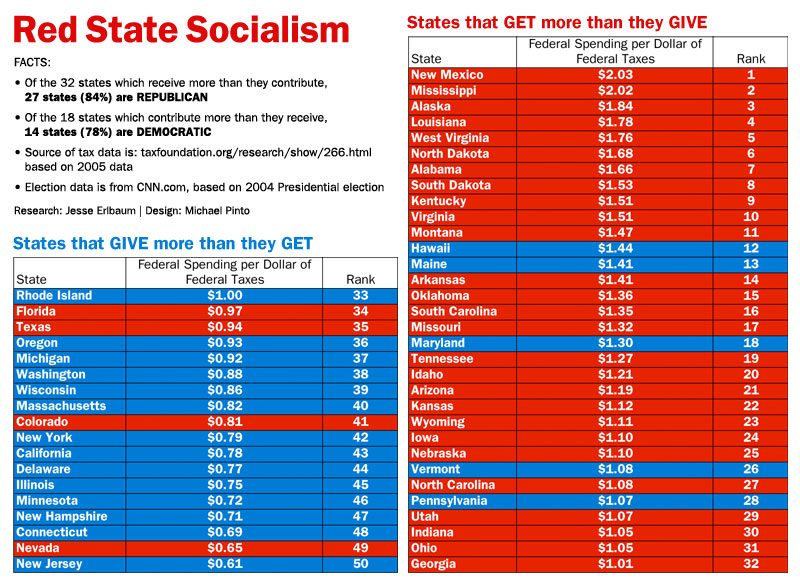 |
| I admit it: I'm a Taoist. Good luck figuring that one out. I'm still trying. |
Nobody likes navel-gazing, at least most anybody who's too busy to care why someone else might believe what they do. They want to know the facts: Are you with them or against them? Do you agree or disagree with them or not?
Patient people will let you make your case. Impatient ones will argue before your point is developed. I understand that this is the way things often get processed. I shouldn't be surprised by how many people aren't (willingly) prepared to listen to the depths another person might go to arrive at what's best for the country -- or the family, or himself, for that matter.
Just now I was reading one of my favorite blogs, Noahpinion, which is by the doctoral-candidate-soon-to-be-professor-of-economics Noah Smith. His take on things economic is refreshing in its combination of humor and earnestness, and he tends to arrive at a place in economic theory that I'm comfortable with, and, as he points out, he usually defends Paul Krugman, so he's ace in my book.
 |
| Fun fact: I once had lunch with Krugman in a Vietnamese restaurant in Philly. |
What he said just now in this post about why he occasionally says things that don't agree with the generally held tenets of his "tribe," that of the liberal economics bloggers, caught my attention. Smith said:
But yet I say those things anyway. Why? Because as nice as it is to have a team, I have a stronger and deeper allegiance, which is to science. And by "science" I basically mean rational skeptical empiricism. My dad raised me on these ideas; they're very important to me, and I believe they are the best.That really struck me, not the part about science, which I totally accept, but the part about "My dad raised me on these ideas..." It got me thinking.
My parents did raise me, and they did influence me. I got from them the value of responsibility, in that I was clothed, fed, and had my own bed. I could count on these things. I should do that when I grow up.
 |
| Two different men, headed down the same path. |
Basically, though, in the world of ideas, mostly what they pointed me to was the belief in the general liberalism of John F. Kennedy and Lyndon B. Johnson. I left home with nothing more evolved than that, except for one other thing. My dad shared with me a general skepticism. You had to work to impress him, to convince him. His principal tenet, often repeated, was, "What's makes you think you're so goddam special?"
In other words, he didn't particularly believe in me, my character or innate worth. In fact, it was offensive to him that I would think rather well of myself at all.
He was a tough guy from Euclid, Ohio, and grew up in the Depression, managed to get into college and then dropped out only to wind up drafted into the U.S. Army, and then ended up getting sent to the University of Chicago for officer training, graduating in June of 1945 and thus completely missing WWII. (He did end up doing a tour of duty in Korea six years later, so he didn't totally get off the hook.)
Still, if that tough guy looks more like a lucky guy -- which he was -- he was just as skeptical of himself. He was an equal-opportunity skeptic: he didn't believe much in his own self-importance. He just ate his plain yogurt and hard-boiled egg with Tabasco Sauce for lunch and went back to work.
But my main point remains, that I was given a rough set of ideas with which to start life and had to forge the bulk of them on my own. My dad had an impact on me, albeit a somewhat mixed one, and my mother, who was just as intelligent -- he met her at Chicago, where she was on scholarship -- also influenced me, though to a lesser degree. When I look in the mirror, it's my dad's scowling face I see, nine times out of ten.
I wish it weren't so, and maybe that's my point. I went away for college at seventeen and spent the rest of my life -- now forty-six years -- away from home. But there's not a day goes by that I don't feel I've got to convince my dad I'm worth listening to. Odd, since he died seven years ago.
 |
| Not a picture of my father. |
So when I do explain my beliefs, or even talk about what's in the core of me, I tend to explain them in the starkest, most direct of terms, hoping to soften them with humor. I am motivated by a desire to persuade. My dad didn't automatically believe me, so why should you?
I guess this has ended up rather a confessional than a road map to who I am. But, well, there it is. I'm not sure that I can't say that I owe my father, like Noah Smith does, a debt of gratitude. I've spent a lifetime honing my liberal, progressive ideals, and I've done my best to be more loving and accepting of my family and friends, even strangers, I guess.
The final irony might be that I'm a better person in spite of my father. I've always said about him that he did everything he could as a father to support his children; he did more than what was required of him. The pity was that he did it such that they despised him for it. It didn't need to be that way.
I keep that in mind, or try to, every day.









